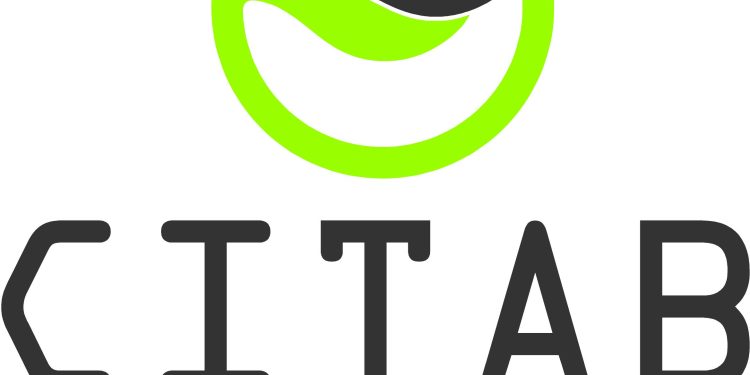The Centre for Infrastructural and Technological Advancement for the Blind (CITAB) has urged the National Assembly to amend Nigeria’s Disability Law of 2019 to introduce stricter sanctions for public officers who hinder the law’s implementation. The call comes as the group commemorates World Disability Day, marked annually on December 3.
In a press statement issued by CITAB’s Executive Director, Jolomi Fenemigho, the group emphasized the need for clearer accountability in the enforcement of the law, highlighting a lack of explicit penalties for negligent government officials.
According to Fenemigho, the current framework leaves a gap that may allow for the ineffective execution of the law.
He said, “The lack of explicit penalties for negligent Government officials in the provisions of the Law might be seen as leaving the door slightly ajar for less-than enthusiastic implementation.
“Without clear accountability, there is a risk that the wheels of progress will turn a bit slower than desired. Ensuring that those tasked with the duty of executing the law feel the heat of responsibility could tighten things up, making sure that the Act’s intentions are fully realized, not just on paper.”
Fenemigho also urged the Federal Government to urgently enforce the Discrimination Against Persons with Disabilities (Prohibition) Act of 2019, a law designed to protect individuals with disabilities from discrimination. He described the delayed action as a long-overdue step toward addressing the injustices faced by disabled Nigerians.
The United Nations General Assembly designated December 3 as a day to raise awareness about the challenges faced by people with disabilities, a date that has been commemorated since 1992.
Reflecting on this, Fenemigho highlighted the significance of the day in advancing the rights and well-being of persons with disabilities globally.
Throwing more light on the purpose for fixing a day to commemorate the plight of it disabled, he stated that the decision was taken to “raise awareness about the challenges faced by individuals with disabilities in political, social, economic, and cultural spheres adding that the day underscores the vital importance of fostering an inclusive world where everyone, regardless of ability, enjoys equal opportunities and access”.
Fenemigho further criticized the government’s lack of tangible progress on the Disability Law, likening its efforts to a barber’s chair—full of motion but ultimately going nowhere.
He expressed frustration over the government’s repeated promises and the formation of committees that have failed to bring about substantial change.
“The Government’s efforts on this matter are akin to a barber’s chair—full of motion yet lacking progress.
“They continue to make empty promises, hold countless meetings, and establish committees to oversee the implementation of the Disability Act, only to raise false hopes and ultimately achieve nothing concrete, thereby disappointing the disabled community in Nigeria,” Fenemigho stated.
The CITAB Executive Director emphasized the critical role of the tenth Assembly in ensuring the law’s effective implementation, urging lawmakers to demand monthly progress reports from the relevant oversight committees.
He noted that the Legislative committee responsible for oversight on the implementation of the Disability Act should be scrutinized by the leadership with demands for monthly reports and follow-ups describing it as the only way to track progress—assuming they genuinely care about the disabled community in Nigeria at all.
Fenemigho also called on the National Commission for Persons with Disabilities (NCPWD) to take a more proactive stance in ensuring the law is not just symbolic but actively protects and promotes the rights of people with disabilities.
“The National Commission for Persons with Disabilities stands as the vigilant guardian of the Discrimination Against Persons with Disabilities (Prohibition) Act, 2019,” Fenemigho stated. “The commission should diligently ensure that the rights of persons with disabilities are not merely whispered promises but are actively protected and promoted. By facilitating access to education, healthcare, and employment for the disabled, the Commission will pave the way for a more inclusive society.”
He further urged the NCPWD to monitor public infrastructure to ensure accessibility for disabled individuals is not just an aspiration but a reality.
“The Commission should ensure that the integration of persons with disabilities into the larger society is not left to chance but a planned reality,” he added.
Fenemigho urged disability groups across Nigeria to unite in their efforts to mark World Disability Day. He stressed that the complex challenges facing disabled Nigerians cannot be tackled by any single group alone.

